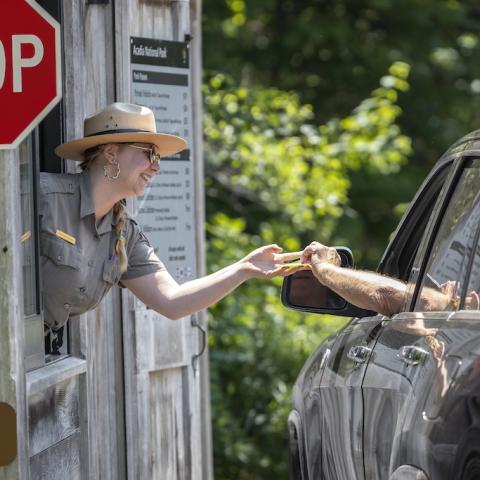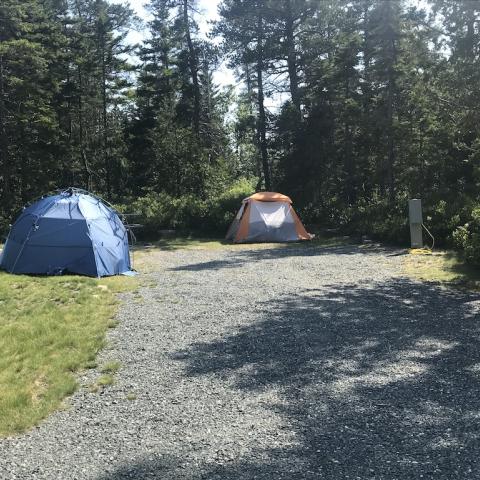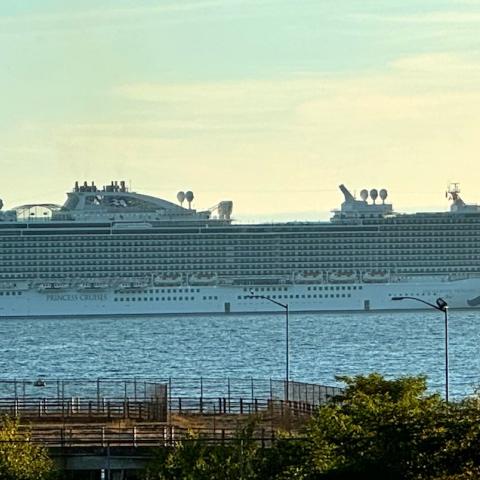
With peregrine falcons returning to Acadia National Park to nest, some areas of the park have been temporarily closed to park visitors/NPS file photo
With peregrine falcons returning to Acadia National Park in Maine to prepare for their nesting season, park officials have instituted temporary closures for several trails and cliffs.
Areas impacted by the closures are The Precipice, Jordan Cliffs, and Valley Cove areas in the park. Once a federally listed endangered species, peregrines were delisted in 1999 because of their highly successful recovery in many places in North America. However, the species remains listed as an endangered species under the Maine Endangered Species Act.
To protect the nesting and pre-fledging periods from inadvertent disturbance or harassment, areas in and around these cliffs have been closed to all visitor and operational activities, the park announced Wednesday. Trails bordering the closure remain open. The closed cliff areas are clearly marked with signs at trailheads or trail junctions. These closed nesting areas will remain closed until approximately five weeks after the last chick fledges from its scrape (nest). The opening of these closed areas is expected in late July or early August if the nesting attempt is successful.
Official REI Coupons and Rebates page![]()
Everything for Travel at Uncle Dan's. Plus, Free Shipping on Orders over $49. Shop Now.![]()
Research studies have shown that nesting falcons are particularly vulnerable to human activities that disturb the adults by making them less attentive and caring for the eggs or chicks. Activities in or directed at the nesting area can lead to temporary or permanent abandonment by the adults, leading to hypothermia, starvation, or predation by other birds. Any human disturbance that leads to chick mortality or complete nest failure only slows the recovery of the species in Maine. These three nesting territories all were successful in 2015, fledging a total of seven chicks. Peregrine falcons have raised and fledged more than 125 chicks since the early 1990s.




 Support Essential Coverage of Essential Places
Support Essential Coverage of Essential Places







Add comment